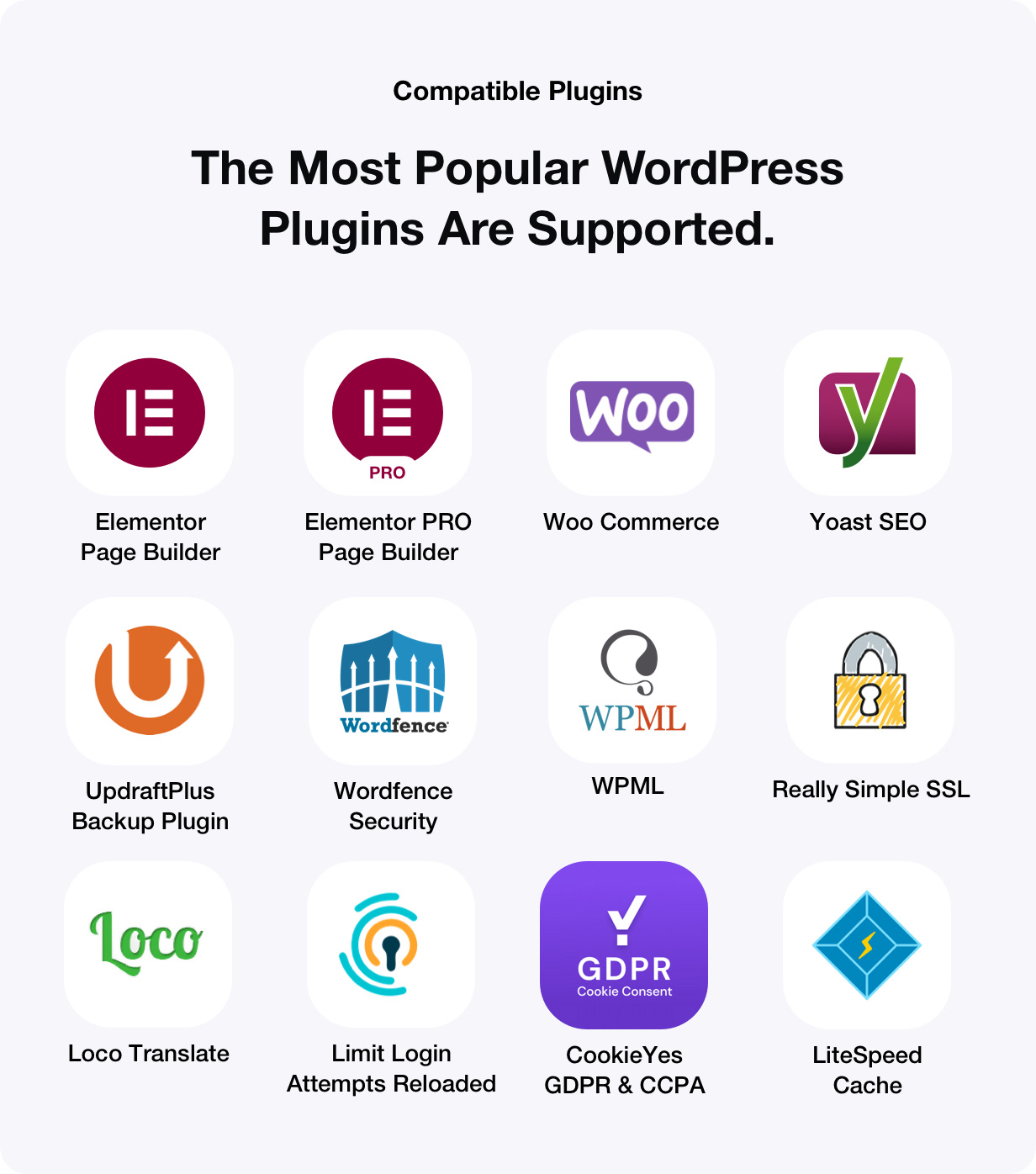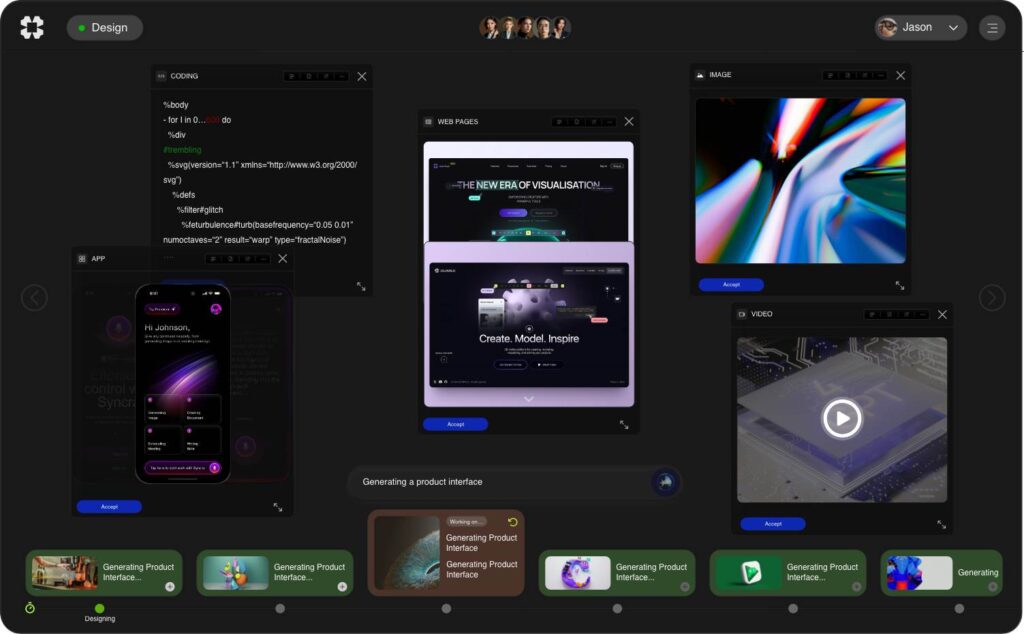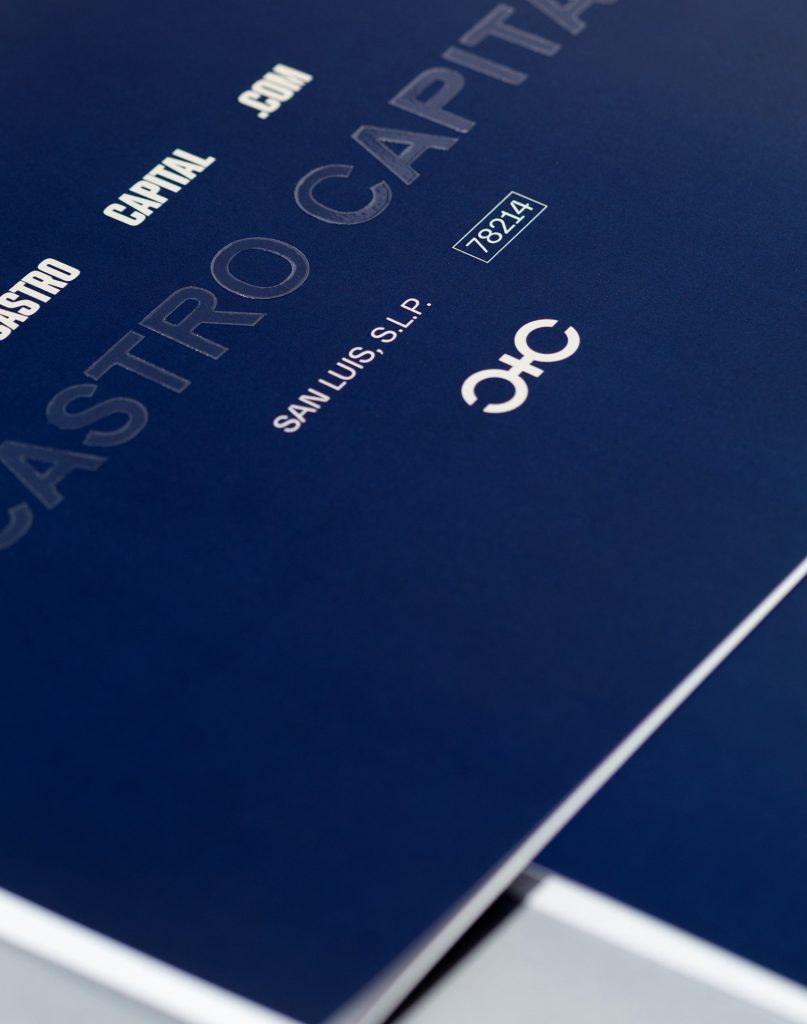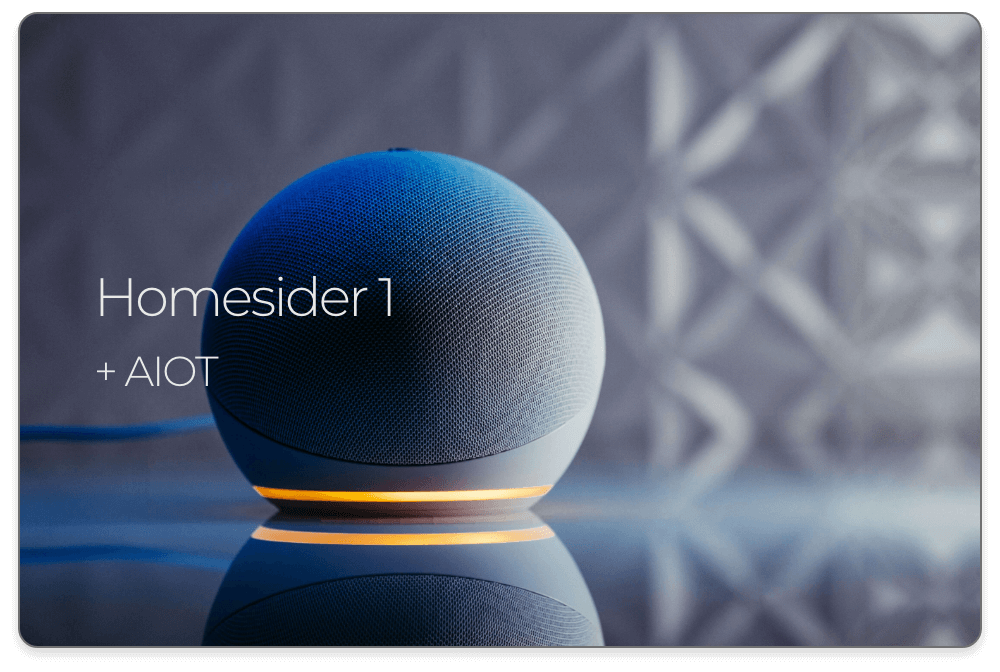The dawn of the Artificial Intelligence Operating System (AIOS) is here, fueling groundbreaking changes across various sectors. The convergence of artificial intelligence with operating systems has created an environment where devices learn, adapt, and evolve based on user behavior and requirements. This article highlights key updates and trends in AIOS implementations for smart devices, education technology, and enterprise solutions, delineating how AIOS is reshaping the technological landscape.
.AIOS for Smart Devices: The New Era of Intelligent Living.
The integration of AIOS into smart devices is revolutionizing how we interact with technology in our everyday lives. Major companies like Google, Amazon, and Apple are pioneering AIOS solutions, bringing formerly static devices to life with intelligence and contextual understanding. Smart thermostats, lighting systems, and home assistants are just a few examples of devices that have become more responsive and efficient through AIOS integration.
One of the key trends is the focus on personalized user experiences. AIOS analyzes user data and preferences, allowing devices to offer tailored suggestions and automate routine tasks. Imagine a home environment where your thermostat adjusts the temperature based on your daily schedule, or your smart speakers curate music playlists according to your mood. These advancements minimize energy consumption, enhance comfort, and optimize the usability of smart devices.
Moreover, AIOS facilitates interconnectivity among devices, forming a comprehensive smart ecosystem. Using protocols like MQTT (Message Queuing Telemetry Transport), devices can communicate seamlessly, share data, and enhance overall efficiency. For instance, if your smart refrigerator detects that you’re low on groceries, it can alert your smart assistant, which may generate a shopping list for you. This interconnectedness signifies a shift towards a more intelligent and proactive living experience.
Studies highlight the market potential of AIOS for smart devices, with estimates predicting that the global smart home market will reach $174 billion by 2025 (Statista, 2021). As more consumers embrace AI-enabled devices, the industry is set to burgeon, creating opportunities for innovation and development.
.AIOS for Education Technology: A Catalyst for Engaged Learning.
The education sector is undergoing a dramatic transformation due to the implementation of AIOS in various educational tools and platforms. Modern online learning environments benefit from AIOS innovations that enhance interactive and personalized learning experiences for students.
AIOS allows for adaptive learning, enabling educational platforms to modify content based on individual student performance. For example, platforms like Knewton leverage AI algorithms to analyze a learner’s strengths and weaknesses, offering personalized content and assessments. This tailored approach ensures that all students can progress at their own pace, creating more equitable learning opportunities.
Moreover, AIOS fosters collaboration among students and educators. Tools powered by AIOS often include features like real-time feedback, analytics dashboards, and virtual meeting spaces, promoting a participative learning culture. In projects such as the European Union’s DIGCOMP initiative, AIOS has been instrumental in equipping educators with the necessary tools and skills to navigate the digital learning landscape effectively.
A notable example of AIOS implementation in education is the use of intelligent tutoring systems (ITS) like Carnegie Learning. These systems utilize AIOS to analyze student interactions and offer personalized guidance, enriching the learning experience. As demand for remote learning continues to rise, AIOS serves as a vital necessity, bridging the gap between technology and educational efficacy.
Reports forecast that the global edtech market will surpass $319 billion by 2025 (HolonIQ, 2021). As educational institutions seek innovative methods to engage students, AIOS presents significant opportunities for enhancing learning outcomes and operational efficiency.
.AIOS for Enterprise Solutions: Streamlining Business Operations.
In the realm of enterprise solutions, AIOS is redefining how businesses operate, fostering efficiency and innovation across various processes. AI-operated systems empower organizations to automate routine tasks, derive insights from data, and improve decision-making processes.
AIOS-driven enterprise solutions encompass several applications, from data analytics tools to human resources management systems (HRMS) and customer relationship management (CRM) software. Companies are implementing AIOS solutions to analyze massive datasets, derive actionable insights, and enhance strategic initiatives. For instance, Salesforce’s Einstein AI leverages AIOS to provide predictive analytics, enabling sales teams to personalize customer interactions and improve lead conversion rates.
Furthermore, AIOS enhances workplace productivity by automating repetitive tasks, such as data entry and scheduling. This automation frees employees to focus on higher-value activities, ultimately leading to better outcomes. An example in this space includes RPA (Robotic Process Automation), where companies employ AIOS to streamline processes related to invoicing, order processing, and compliance checks.
The use of AIOS for enterprise security is also gaining traction, mitigating risks associated with data breaches and cyberattacks. Machine learning algorithms can analyze user behavior patterns, allowing businesses to detect anomalies and respond to potential threats in real-time. Companies such as IBM are investing heavily in AIOS-based security systems, reflecting the growing concern for data protection.
As businesses evolve towards digital transformation, the global market for AI in enterprise applications is anticipated to reach $25.6 billion by 2028 (Fortune Business Insights, 2021). This demonstrates an increasing investment in AIOS solutions that propel organizations forward, ensuring competitiveness in a technology-driven world.
.Case Studies: Real-World Applications of AIOS.
To better understand the significance of AIOS in various sectors, we can examine notable case studies exemplifying its application:
1. **Google Nest**: This smart device ecosystem operates on an AIOS that utilizes machine learning to learn user patterns. The Nest Learning Thermostat, for instance, adjusts heating and cooling based on user habits, promoting energy efficiency and cost savings.
2. **Khan Academy**: A non-profit educational platform that employs an AIOS to provide personalized learning experiences. By utilizing data analytics, Khan Academy tailors math exercises for each student, improving educational outcomes while promoting self-paced learning.
3. **Salesforce Einstein**: This AI component within Salesforce’s platform enhances CRM by providing AI-powered insights and analytics. Businesses utilizing Einstein can streamline their sales process and effectively target leads, enhancing productivity and revenue.
4. **UiPath**: An enterprise solution example where AIOS is at the core of its RPA technology. Companies using UiPath benefit from automation of mundane tasks, leading to increased efficiency and significant cost reduction.
.A Conclusion: The Road Ahead for AIOS.
The momentum generated by AIOS will likely continue to reshape smart devices, education technology, and enterprise solutions. As companies increasingly integrate these systems into their offerings, we will undoubtedly witness further advancements in artificial intelligence and machine learning, driving the next wave of innovation.
The intersection of AIOS with emerging technologies, such as 5G and IoT, further amplifies its potential, supporting real-time data transmission and creating enhanced interconnectivity. Ultimately, as we adopt AI-driven systems across various aspects of life and industry, we will unlock unparalleled efficiencies, create richer experiences for users, and navigate a future where technology and humanity coalesce harmoniously.
In conclusion, the transformative power of AIOS is evident across multiple industries. Whether enhancing convenience in smart homes, creating personalized learning environments, or streamlining enterprise solutions, AIOS signifies a new era in which artificial intelligence redefines how we interact with technology and achieve our goals.
Sources:
– Statista. (2021). Smart Home Market Value Worldwide from 2018 to 2025.
– HolonIQ. (2021). Global EdTech Market Report.
– Fortune Business Insights. (2021). Artificial Intelligence in Enterprise Applications Market Size.

























